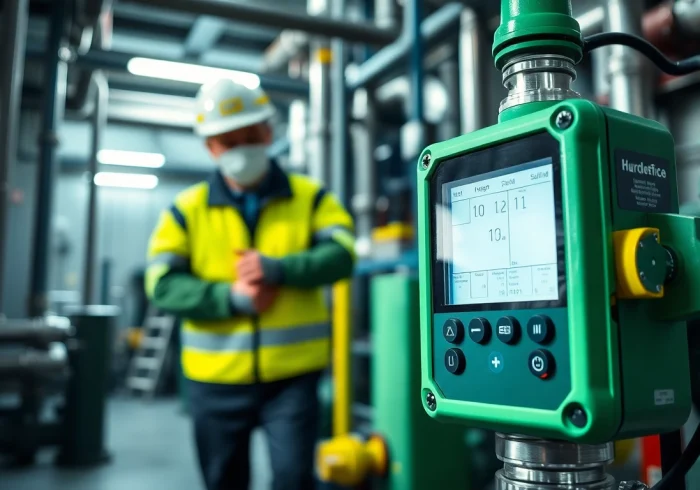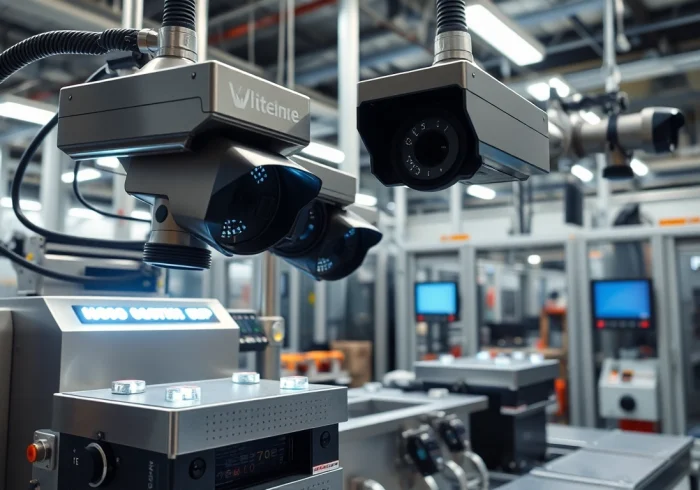Understanding the Role of a Manhattan Construction Manager
The role of a Manhattan Construction Manager is multifaceted and critical to the efficacy of any construction project in this bustling urban landscape. The complexity of building in Manhattan, with its unique architectural styles, stringent regulations, and various stakeholder demands, requires an individual who transcends the traditional boundaries of project management. This article delves into the essential functions, skills, and considerations necessary for successful construction management within this vibrant city.
Defining Key Responsibilities
A Manhattan Construction Manager is responsible for overseeing all aspects of a construction project from inception to completion. Key responsibilities include:
- Project Planning: Develop comprehensive project plans that outline timelines, costs, resources, and key milestones.
- Coordination: Liaise between architects, engineers, and contractors to ensure that all team members are aligned and informed.
- Budget Management: Monitor expenses to keep the project within budget, adjusting as necessary to accommodate unforeseen costs.
- Risk Management: Identify potential risks and develop mitigation strategies to minimize impact on the project’s timeline and budget.
- Compliance Oversight: Ensure all work adheres to local laws, safety regulations, and building codes.
Importance of Project Management Skills
Project management skills are vital for a Manhattan Construction Manager due to the dynamic nature of the construction environment. Effective communication, time management, and problem-solving abilities are essential for navigating the challenges that arise in urban construction projects. The ability to manage diverse teams, resolve conflicts, and maintain motivation throughout the project’s lifecycle is what differentiates an average manager from a top-tier Construction Manager.
Evaluating Experience in the Manhattan Market
When evaluating potential candidates for the role of Construction Manager in Manhattan, it is crucial to consider their experience in this unique market. Familiarity with local contractors, suppliers, and regulatory bodies can significantly enhance project execution. Candidates who have demonstrated success in managing similar projects in Manhattan will likely have the insights needed to maneuver through the city’s challenges effectively.
Why You Need a Qualified Manhattan Construction Manager
Engaging a qualified Manhattan Construction Manager is not merely an operational choice; it is a strategic imperative for successful project delivery. Their expertise can lead to enhanced project outcomes, reduction in risks, and the assurance of quality standards.
Enhancing Project Efficiency
One of the primary benefits of hiring a skilled Manhattan Construction Manager is the enhancement of project efficiency. Skilled managers utilize sophisticated planning tools and methodologies to streamline operations. They can foresee potential issues and address them proactively, thereby maintaining momentum and ensuring milestones are met on time.
Minimizing Risks and Delays
The construction industry is fraught with risks that can lead to costly delays. A qualified Manhattan Construction Manager employs robust risk assessment methods and contingency planning to minimize these risks effectively. Their understanding of local regulations and market dynamics enables them to navigate challenges that might otherwise result in delays.
Ensuring Quality Control Standards
Quality control is a critical aspect of construction management. The Manhattan environment demands adherence to high standards due to aesthetic, regulatory, and safety concerns. A proficient Construction Manager ensures that quality is not sacrificed for speed or cost, conducting regular inspections and quality assessments to uphold project integrity.
How to Assess Potential Candidates for Manhattan Construction Manager
Finding the right candidate for the role of Manhattan Construction Manager requires careful evaluation of their qualifications, experience, and interpersonal skills. The selection process should be methodical and thorough to ensure that the most capable individual is chosen.
Reviewing Qualifications and Credentials
Start by reviewing the qualifications and credentials of potential candidates. Look for educational backgrounds in construction management, civil engineering, or related fields. Additionally, professional certifications such as PMP (Project Management Professional) or LEED (Leadership in Energy and Environmental Design) can signify a candidate’s commitment to excellence in their field.
Conducting Effective Interviews
Interviews serve as a critical component of the assessment process. Prepare questions that not only evaluate technical skills and knowledge but also gauge leadership capabilities and problem-solving approaches. Use situational questions to understand how candidates handle challenges specific to the Manhattan construction landscape, such as navigating permits or managing site logistics in crowded urban conditions.
Utilizing References and Past Performance
References and past performance can offer valuable insights into a candidate’s effectiveness as a Construction Manager. Contact previous clients and colleagues to request feedback regarding the candidate’s ability to meet deadlines, manage budgets, and collaborate with various project stakeholders. A track record of successfully completed projects in Manhattan will significantly bolster a candidate’s suitability.
Best Practices in Collaborating with Your Manhattan Construction Manager
Once you have selected a qualified Manhattan Construction Manager, fostering a productive working relationship is essential for project success. Clear communication, established expectations, and teamwork are vital elements for collaboration.
Establishing Clear Communication Channels
Effective communication is the backbone of any successful project. Establish clear channels for communication between your team and the Construction Manager. Regular meetings, updates, and open lines for feedback will help ensure that everyone is on the same page and project issues are addressed promptly.
Setting Milestones and Expectations
Setting definitive milestones and expectations is crucial in measuring project progress. Collaboratively develop a timeline that delineates critical deadlines and deliverables. This will enable you and your Construction Manager to monitor advancements and identify potential delays early in the process.
Encouraging Team Collaboration and Support
Encouraging a culture of collaboration among all team members fosters a supportive environment conducive to project success. Involve team members in decision-making, encourage them to share their insights, and recognize their contributions. A Construction Manager who feels supported is more likely to deliver optimal results.
Evaluating the Success of Your Manhattan Construction Manager
Evaluating the performance of your Manhattan Construction Manager post-project is crucial for understanding their effectiveness and identifying areas for future improvement. Implementing systematic evaluation methods will inform your future managerial selections and project approaches.
Measuring Key Performance Indicators
Define and measure key performance indicators (KPIs) to assess your Construction Manager’s effectiveness. KPIs can include adherence to budget, project timelines, safety incidents, and quality of work. Analyzing these metrics will provide insight into the manager’s operational capabilities and return on investment.
Soliciting Feedback from Your Project Team
Gathering feedback from your project team can yield valuable perspectives on the Construction Manager’s performance. Conduct surveys or informal interviews to capture impressions regarding their leadership, problem-solving skills, and teamwork dynamics. This feedback will help you comprehend the broader impacts of the Construction Manager on team morale and project performance.
Conducting Post-Project Reviews
After project completion, conduct a thorough review that encompasses all stages of the project lifecycle. Analyze what worked well and where challenges arose. This reflective practice is essential for continuous improvement and will aid in optimizing project management strategies for future ventures.



